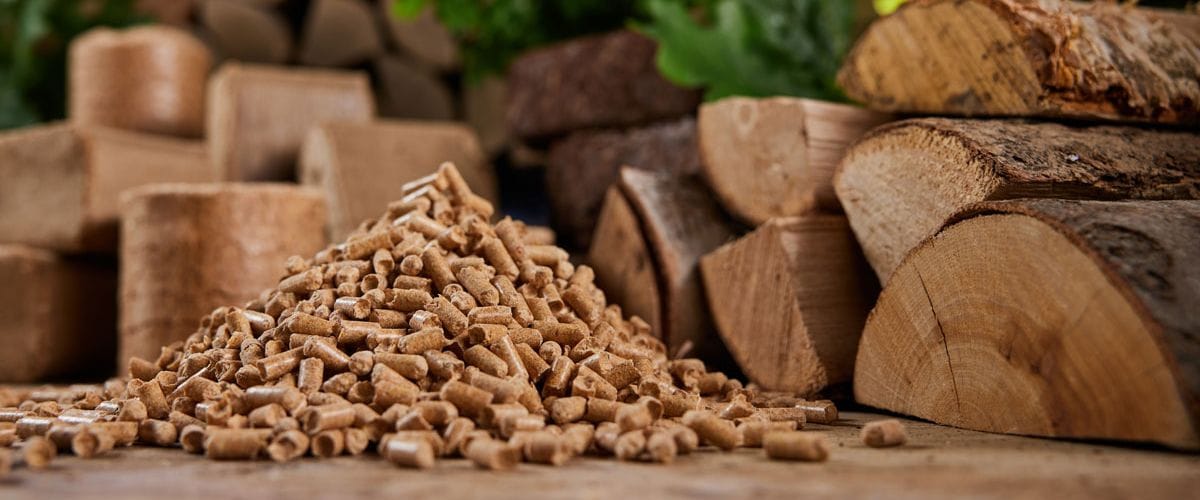Guide to Solid Fuels
Solid fuel can be defined as any type of solid material that can be used as a fuel to produce energy and heating. This is predominantly achieved through burning the materials, and the most common types of solid fuel are coal, wood, charcoal and wood pellets.

The main types of solid fuels include:
House Coal
- Traditional fuel for open fires, available in various sizes like nuts, beans, and grains
- Provides good heat output and long burn times
- Requires proper storage and handling due to potential dust and fumes
Wood
- Firewood is a classic fuel for fireplaces and wood stoves
- Ensure the wood has a moisture content of 20% or less for optimal performance
- Lower resin content is preferred to minimize buildup in chimneys
- Seasoned hardwoods like oak, ash, and beech offer the best heat output
Anthracite
- A type of high-carbon, smokeless coal suitable for closed appliances like stoves
- Burns hotter and cleaner than house coal, with reduced smoke and emissions
- Requires a grate system for proper air flow and combustion
Manufactured Smokeless Fuels
- Brands like Coalite and Homefire are designed for use in open fires and closed appliances
- These fuels are processed to reduce smoke and particulate emissions
- Often more expensive than raw coal but offer a cleaner burning option
Wood Pellets
- Made from compressed wood waste, wood pellets are a popular biomass fuel
- Burn efficiently in specialized pellet stoves and boilers
- Consistent size and low moisture content ensure reliable performance
- Require a hopper and automated feed system for convenient operation
Biomass Pellets
- Similar to wood pellets, but made from a variety of organic materials like agricultural waste
- Can include pellets made from straw, miscanthus, or other biomass sources
- Offer an alternative to traditional fossil fuels for heating applications
When purchasing solid fuels, it’s important to buy from an approved merchant to ensure quality and safety. For smoke control areas, check that the fuel is authorized for use. Prepacked fuels are more convenient but often more expensive than buying in open sacks.
Proper storage, handling, and burning techniques are crucial for maximizing the efficiency and safety of solid fuels. Ensure adequate air flow, proper flue temperatures, and regular chimney maintenance to prevent issues like incomplete combustion or creosote buildup.
The “multifuel option” with stoves that can burn a blend of wood and mineral fuels is an increasingly popular choice, allowing users to take advantage of the benefits of both fuel types.
By understanding the characteristics and best practices for using solid fuels, homeowners and businesses can enjoy the warmth, ambiance, and cost-effectiveness of this versatile energy source.
Solid fuels are mainly processed by fuel pellet making machine, wood pellet mill, biomass pellet mill, wood chip pellet machine, pellet stove pellet making machine, hardwood pellet mill, softwood pellet mill and other equipment, which are usually used in wood pellet production line, fuel pellet plant and biomass pellet plant, etc.
If you are interested in processing solid fuels, feel free to contact RICHI Machinery to get a quote on equipment and pellet production line!